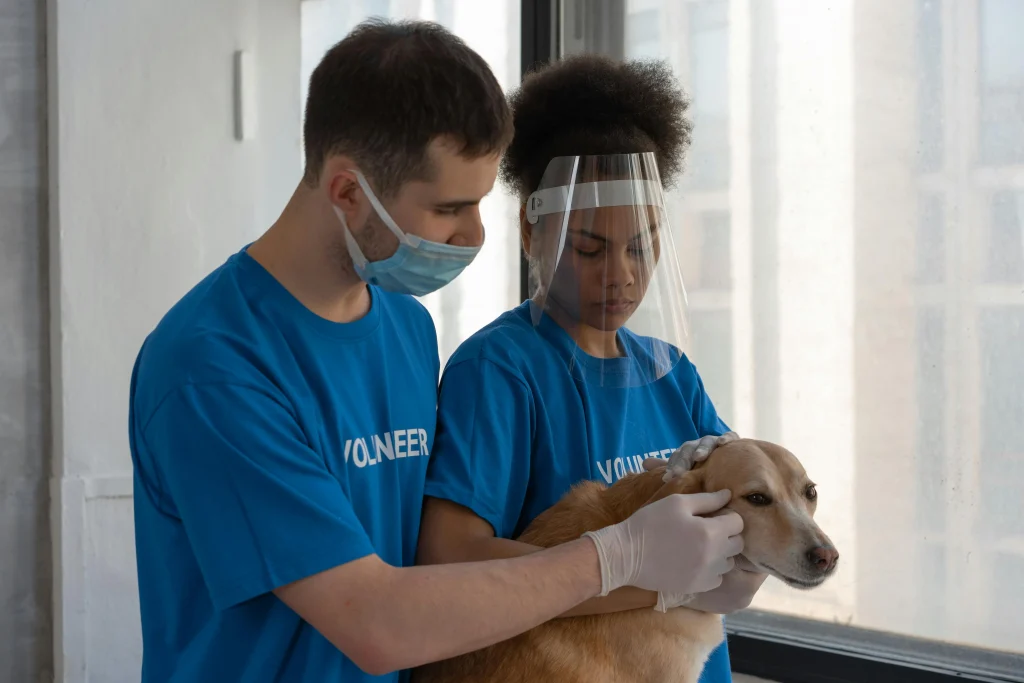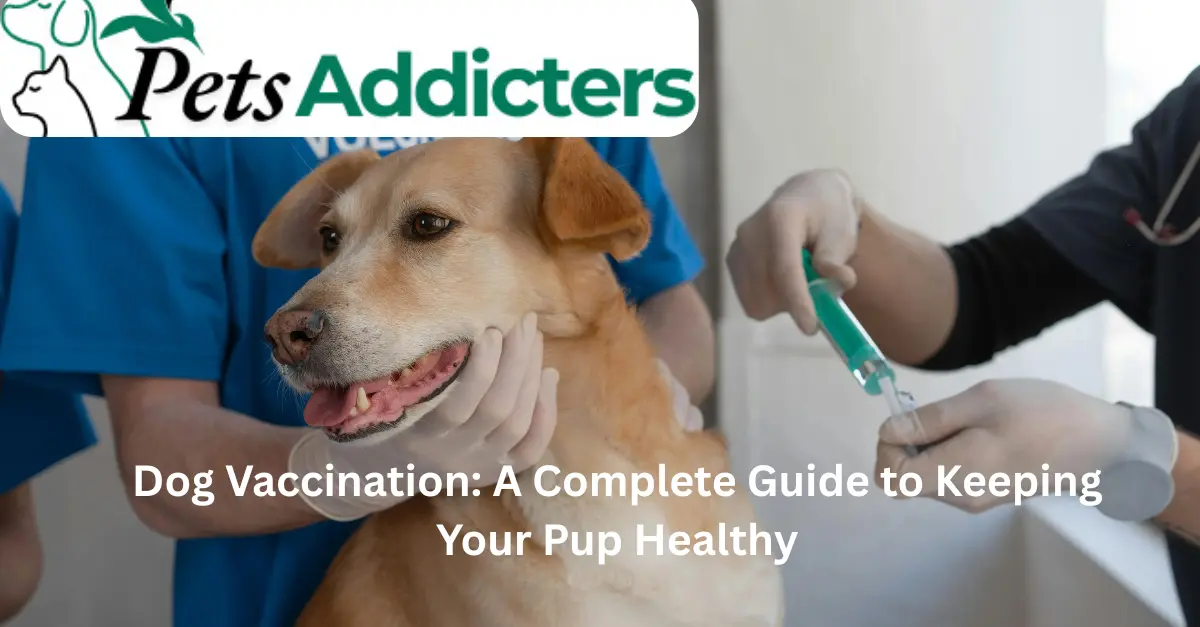Getting your dog vaccinated is one of the most crucial steps to guarantee a long, healthy, and happy life. Vaccination for dogs secures your pet from harmful diseases, keeps them safe while taking them out for walks, and even secures other pets in the community. But with so many vaccines and regimens, pet parents can get mixed up.
This guidebook will teach you how and why your dog needs these vaccines and why they are a necessity.
Why Dog Vaccination Is Important
Vaccines are protection for your dog’s immune system. They keep your dog safe from lethal diseases such as:
- Rabies – Deadly and communicable to humans
- Distemper – Causes respiratory, gastrointestinal, and neurological conditions
- Parvovirus – Highly contagious, especially dangerous to puppies
- Hepatitis – Affects liver and overall health
- Leptospirosis – Can be transmitted to humans
Even if your dog is otherwise healthy, failing to vaccinate can put them—and your family—at significant risk.
Puppy Vaccination Schedule

Vaccines in puppies are usually given in a series during the first few months of life:
Age\tRecommended Vaccines
- 6–8 weeks\tDHPP (Distemper, Hepatitis, Parvovirus, Parainfluenza)
- 10–12 weeks\tDHPP (second vaccine), Leptospirosis
- 14–16 weeks\tDHPP (third and final dose), Rabies
- 12–16 months\tBooster for DHPP and Rabies
Tip: Always consult your veterinarian for a routine particular to your dog’s breed and lifestyle.
Adult Dog Vaccination
Adult dogs need regular boosters too in order to stay protected. Each year, some vaccines are administered, while others are given every three years. Core vaccines for adult dogs usually include:
- Rabies
- DHPP booster
- Leptospirosis (depending on your location)
Non-core vaccines, like Bordetella (kennel cough) or Lyme disease, may be recommended based on your dog’s environment and exposure risk.
What to Expect After Vaccination
Vaccines are usually well tolerated by most dogs. Mild side effects can be:
- Slight swelling where the injection was given
- Mild fever or lethargy
- Loss of appetite for a day
When to call the vet: Severe effects such as vomiting, diarrhea, hives, or breathing problems are uncommon but need an immediate response.
Tips for Stress-Free Dog Vaccination
- Take the puppy vaccination record to the vet.
- Keep your dog relaxed before and after visiting the vet.
- Monitor your dog for reaction and report to your vet any problems.
- Maintain a good booster schedule don’t skip dates.
- Reward your dog with treats and love after each visit!
What vaccines does my dog need?
Dogs need core vaccines like Rabies, DHPP (Distemper, Hepatitis, Parvovirus, Parainfluenza), and sometimes Leptospirosis. Your vet can recommend non-core vaccines based on your dog’s lifestyle.
When should I start vaccinating my puppy?
Puppies usually start their vaccination series at 6–8 weeks old, with follow-up boosters every few weeks until about 16 weeks of age.
How often do adult dogs need vaccines?
Adult dogs need regular booster shots, typically every 1–3 years depending on the vaccine. Core vaccines like Rabies and DHPP are usually repeated on this schedule.
Are dog vaccinations safe?
Yes. Vaccines are tested and safe when administered according to a vet-approved schedule. Mild

